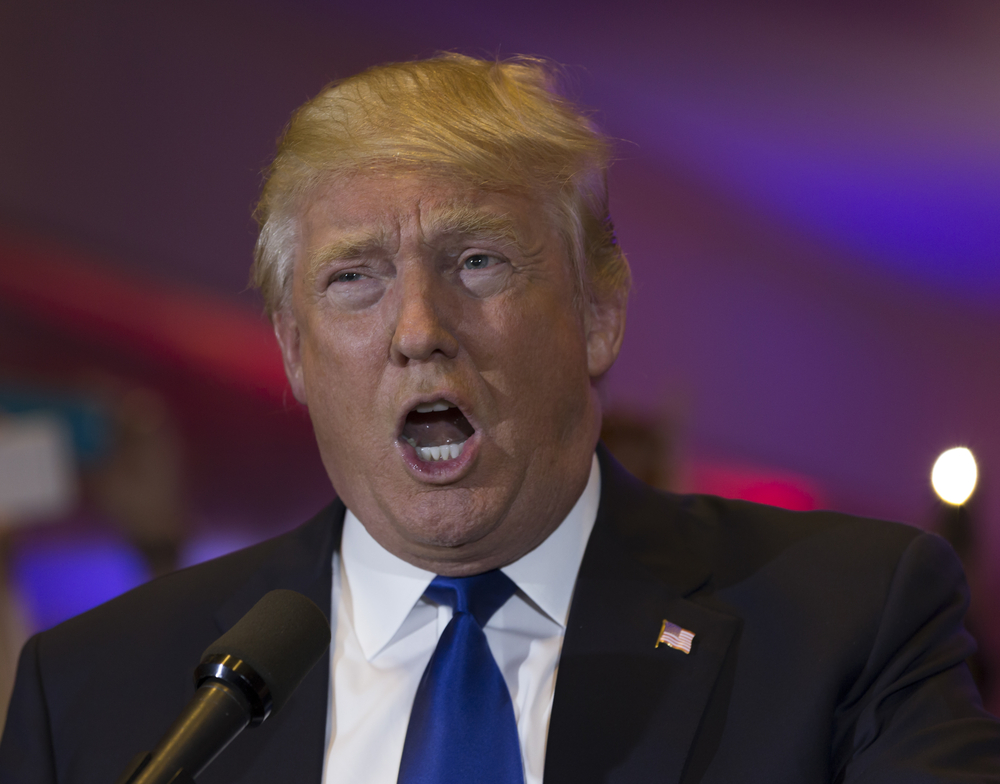What does Trump’s victory mean for the UK’s P2P industry?
Donald Trump’s victory in the US presidential election has shocked many, delighted others and left most people in the dark as to what will actually happen under his leadership.
As the dust settles on the biggest anti-establishment statement since the Brexit vote, what does this mean for peer-to-peer lending in the UK?
The biggest risk for P2P is that Trump’s administration triggers a downturn in the US economy, which has a knock-on effect on the rest of the world. P2P needs borrowers to feel confident enough about their prospects to seek funding; it needs lenders to feel confident enough to invest; it needs equity investors to continue to have confidence in the industry; and it needs conditions to be good enough not to trigger mass defaults on loans.
Trump has given outlandish statements but little detail on his economic policies. However, it seems highly unlikely that he will maintain the status quo.
“Donald Trump’s victory in the 2016 US presidential election is likely to bring a set of policies that diverge sharply from those of the Obama administration,” affirmed ratings agency Moody’s in a report.
Investors don’t like economic uncertainty.
“Most people expect the US economy will grow less quickly now, with businesses concerned about investing in the short term at least,” said economist Vicky Pryce.
“But on the other hand he is calling for tax reductions and infrastructure spending, which would be a boost for construction.
“If the US grows more slowly, this will have a knock-on effect and global growth will be slower. I think all forecasts will be revised downwards in the short term.”
But there could be some benefits for post-Brexit Britain. Capital Economics research notes that “there are obvious worries over the potential knock-on effects of any adverse impact on the US economy and financial markets” but argues that Trump could bring some advantages for the UK.
“Worries about the impact of the election on US trade relations may…be less severe in the UK then elsewhere, given Trump’s favourable view of Brexit and assertion that the UK would be at the front of the queue when it comes to the negotiation of new trade deals,” it said.
UK P2P has not seen much international expansion yet, so the direct risks for home-grown platforms are limited. But what about platforms – or other companies supporting the industry – who want to tap into the lucrative US market? Trump has made it clear that he is extremely protectionist and anti-immigration, which could create hurdles for overseas businesses and workers looking to enter.
Folk2Folk chief executive Jane Dumeresque recently told Peer-to-Peer Finance News that she would consider overseas expansion in the next 12 months and named the US as a potential target. Funding Circle has already expanded into the US – will it continue to get the support it needs to flourish there?
Scott Bowman, UK economist at Capital Economics, thought that there was a possibility that there could be more barriers for companies trying to enter the US, but said it was hard to know until Trump gives more detail over his policies.
But Dr Steve McCabe, economist at Birmingham City University’s business school, was more optimistic.
“I think it should be easier to enter the US market,” he said. “Trump needs more money flowing into the US in order to stimulate economic growth. It’s easy to make grandiose, protectionist statements but it’s another thing to implement them.”
Banks might be more cautious about lending. Investors aren’t the only ones who don’t like uncertainty. Conventional lenders might hold back until they know what’s what.
“I think banks will be much more worried about lending in this environment,” said Pryce. “The risks have increased, not decreased.”
North London estate agent and former Rics residential chairman Jeremy Leaf said that the uncertainty had impacted confidence here in the UK and would lead to “tighter lending criteria” in the property market.
There could be opportunities for property-focused P2P lenders in London.
“There will be a net positive impact on the market as investors retrench to blue-chip tangible assets as uncertainty on the political and economic stage is heightened once again,” said property company London Central Portfolio.
“Jitters in global equity markets driven by widespread speculation will be countered by flights to safety, with gold, the Yen and Swiss Franc set to benefit…Whilst all of this plays out, Prime Central London property, a traditional safe haven, is expected to benefit from a similar flight to quality, asset-backed investments.”
Time will tell whether Trump’s bark is worse than his bite. But the threat of the world’s largest economy isolating itself can not be a good thing for fintech.





